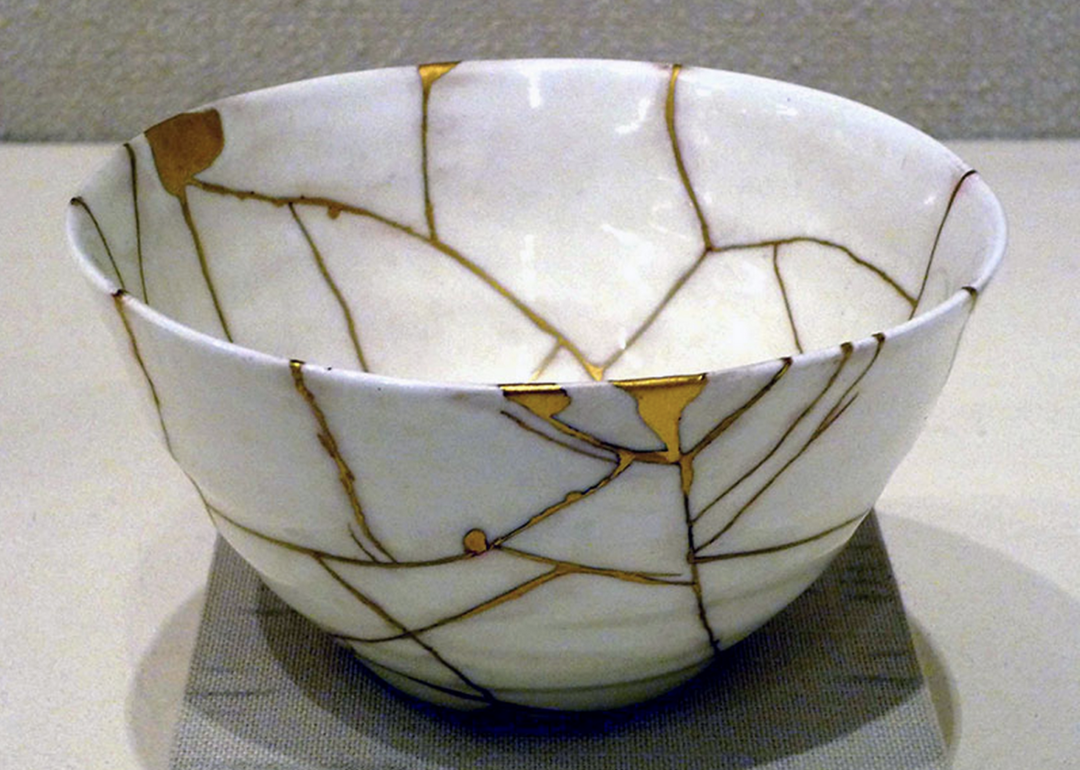
When Marriage Hurts: 3 Steps That Turn Wounds Into Gold
Every few months, Julie and I sit down with a counsellor to talk about our lives and our marriage. It’s like a service for the soul—a chance to notice where we’ve been coasting, where we’ve been colliding, and where we need a tune-up.
At our most recent session, our counsellor gave us some advice that was so simple and so brilliant that I couldn’t keep it to myself. It’s about what to do with the regular bumps, bruises, and disappointments that happen in every marriage—those small (and sometimes not-so-small) moments when we miss each other, wound each other, or just feel unseen.
Here’s the reality: marriage is a contact sport. You can’t share life this closely and not bump into each other. The question isn’t whether we’ll hurt each other; it’s what we do after the hurt that determines whether our marriage becomes a place of healing or a place of further wounding.
Julie and I have found that when our marriage has struggled most, it’s because we’ve let those little wounds pile up without repair. But when we lean into daily moments of tenderness and honest conversation, the opposite happens: the very things that could drive us apart become the glue that drives us closer together.
There’s a Japanese art form called Kintsugi, where broken pottery is repaired with lacquer mixed with gold. Instead of hiding the cracks, the repair highlights them, making the piece even more beautiful and valuable than before. I think marriage can be like that.
Here are the three simple steps our counsellor gave us—and they’ve been game-changers.
1. See each other—and anoint each other’s wounds
So often we wait for our spouse to tell us they’re hurting. But what if you didn’t wait? What if, instead, you simply said, “I see you. I see that you’re stressed. I see that you’re tired. I see that something I did hurt you.”
The goal here isn’t to figure out who’s right or wrong or to get defensive. It’s to acknowledge your spouse’s experience as real, because it is real to them.
Think about it: if you accidentally bump into a stranger at the mall, you instinctively say, “Sorry!” out of simple courtesy. How much more should we extend that courtesy — and that care — to the person we’ve committed our life to?
This first step is like saying, “I see your wound. How can my attentiveness and care be a healing balm to you right now?”
2. Ask: “Do we need to talk about it?”
Sometimes, a small bump in the day can be brushed off and forgotten. But other times, a part of you keeps holding on to it — replaying the moment in your mind, nursing the sting.
That’s when this gentle question can change everything: “Do we need to talk about it?”
It’s an invitation to either let it go or open the door to a conversation. And because it’s an invitation—not a demand—it keeps the tone safe and honouring.
3. Share how it made you feel
If the answer is yes, and you do need to talk about it, this is the key: don’t accuse, just share.
Instead of, “You always ignore me when I’m talking!” try, “When you were on your phone while I was telling you about my day, it made me feel invisible.”
This approach draws a direct line between what happened and how it landed emotionally—without putting your spouse in the dock. It lowers the temperature of the conversation and raises the chance of true understanding. And when understanding grows, so does connection.
What happens next is often surprisingly natural: apology, forgiveness, or simply a moment of being seen and soothed. And over time, those little daily reparations keep your marriage tender, resilient, and close.
When we choose to repair—to acknowledge hurts, to talk them through, to offer forgiveness and care—the cracks don’t disappear, but they become part of the story of a love that has endured and deepened. Over time, those places of healing can actually make the marriage more precious, not less.
And when we practice these steps, the inevitable bumps of married life don’t drive us apart—they become the very things that draw us closer together.
So, the next time you bump into your spouse—literally or emotionally—try these three steps. See them. Ask if you need to talk. Share your feelings without accusation.
It just might turn your wounds into gold.



